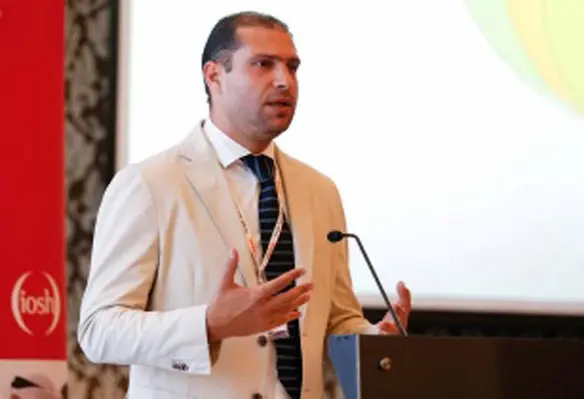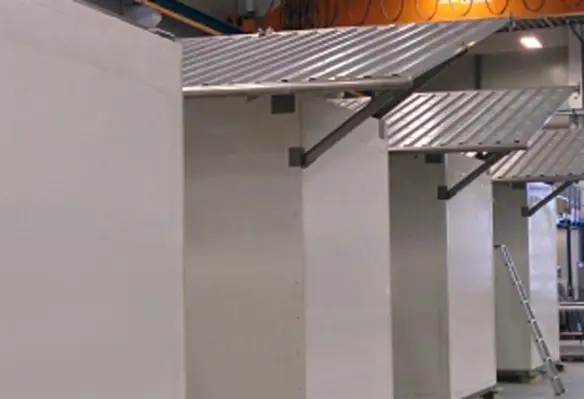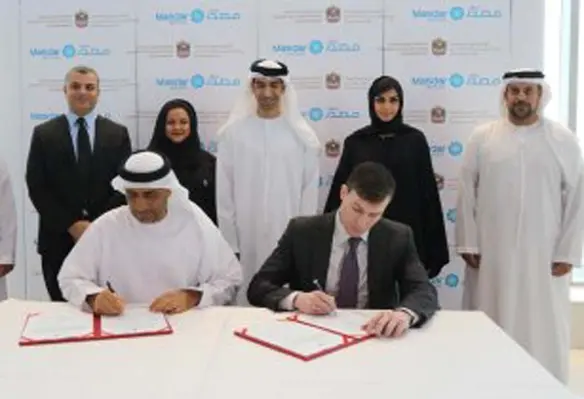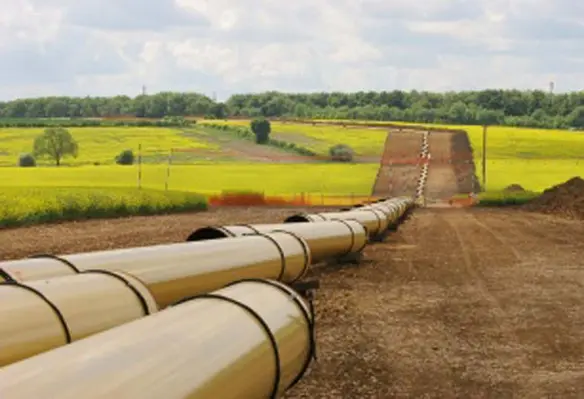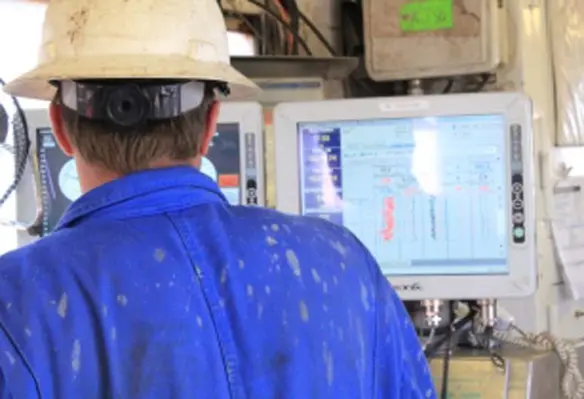Industrial
Industrial
- Details
- Hiriyti Bairu
- Industrial
- Topic: Industrial
- Date: 12 December, 2016
Honeywell has rolled out Miller DuraSeal Self-retracting Lifeline (DSRL), a product designed to enhance reliability and safety in the harshest environments
- Details
- Kestell Duxbury
- Industrial
- Topic: Industrial
- Date: 11 December, 2016
A survey of leaders in Gulf Cooperation Council (GCC) has revealed that an overwhelming amount believe that identifying worker protection against injury and ill health is crucial in safeuarding a businesses reputation and maintain success
- Details
- Kestell Duxbury
- Industrial
- Topic: Industrial
- Date: 8 December, 2016
- Year: 2017
Mohammed Abukhater, director at FireEye, outlines seven key areas of the security landscape in the Middle East in 2017
- Details
- Kestell Duxbury
- Industrial
- Topic: Industrial
- Date: 28 November, 2016
Outdoor shelters with Intertecs passive and active cooling technologies are being chosen to protect crucial control systems at a Middle East refinery
- Details
- Kestell Duxbury
- Industrial
- Topic: Industrial
- Date: 25 November, 2016
The Ministry also launched the “Innovative Air Quality Platform” and honored university students’ innovations under the “Air Quality Innovators” initiative at Sharjah Center for Astronomy & Space Sciences
- Details
- Vani Venugopal
- Industrial
- Topic: Industrial
- Date: 24 November, 2016
Bre Global launched a dedicated resource for the delivery of BREEAM, the internationally recognised measure of sustainability for master planning, infrastructure and built environment at The Big 5 2016
- Details
- Kestell Duxbury
- Industrial
- Topic: Industrial
- Date: 24 November, 2016
Andrey Burtsev of Interpipe initiated the vocal fight against the use of fake steel, particularly in the Middle East, at ADIPEC 2016
- Details
- Kestell Duxbury
- Industrial
- Topic: Industrial
- Date: 22 November, 2016
- Year: 2017
The MEP Middle East Awards is the premier event for the mechanical, electrical and plumbing sector in the United Arab Emirates to award individuals and companies and acknowledge the latest innovations, processes and technology
- Details
- Kestell Duxbury
- Industrial
- Topic: Industrial
- Date: 17 November, 2016
Southco has expanded its successful E5 Cam Latch series with a new latch designed to prevent accidental opening
- Details
- Kestell Duxbury
- Industrial
- Topic: Industrial
- Date: 16 November, 2016
- Year: 2017
Safety comes out as a key issues for emplyees as Rigzone undertake their inaugural ideal employer survey of 8,400 professionals in 100 countries
- Details
- Vani Venugopal
- Industrial
- Topic: Industrial
- Date: 11 November, 2016
Support your go for zero programme by immediately adding safety signs or warnings whenever risks emerge in your workplace. Use a professional printer and safety sign software to quickly create the right signs that clearly communicate any risk or danger to your co-workers. Read more about the best practice.
- Details
- Kestell Duxbury
- Industrial
- Topic: Industrial
- Date: 11 November, 2016
McDermott marks industry-leading QHSES standard in Middle East Area with company-wide initiatives ‘Taking the Lead’ and ‘McDermott Operational Values’ support the achievement of 45-million man-hours without LTI, the equivalent of building the Burj Khalifa, twice


